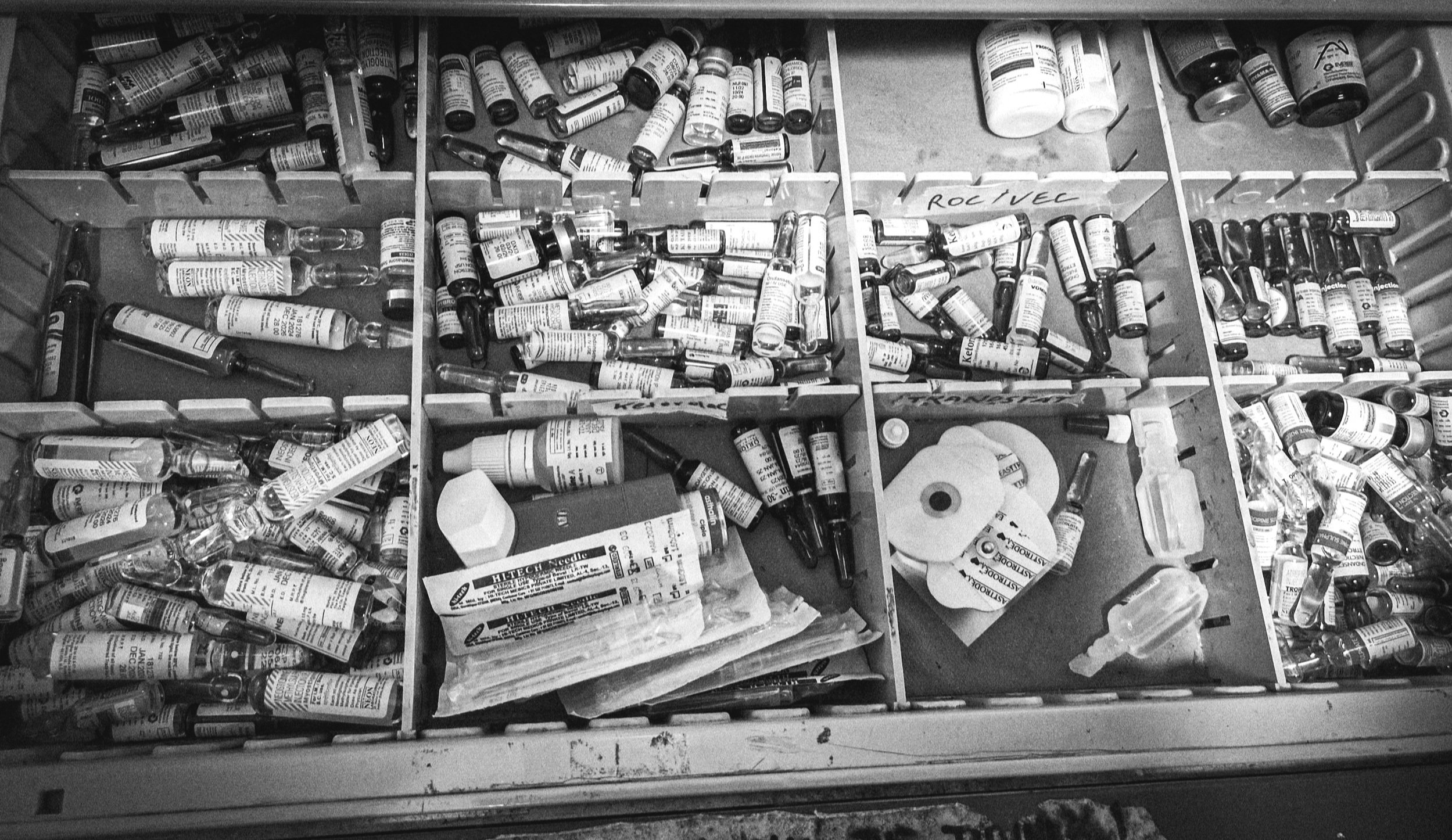Unmet Needs in Critical Care
Critical care in low- and middle-income countries (LMICs) face significant challenges due to limited infrastructure, resource constraints, and insufficient training among healthcare professionals. Access to intensive care units (ICUs) also remains severely restricted in many LMICs with the availability of ICU beds being less than 5 per 100,000 people in some countries, in comparison to over 30 per 100,000 people in high-income countries. This disparity is exacerbated by the high burden of critical illnesses in LMICs, including respiratory illnesses, infectious and emerging non-communicable diseases.
Essential equipment, such as ventilators and ultrasound machines are often inadequately maintained or remain outdated in many facilities which significantly impacts patient health outcomes. There remains a huge workforce gap accross all LMICs including a significant lack in nursing and physician numbers to staff intensive care units. Inadequate training, low staffing levels and a lack of bespoke evidence based guidelines puts the sickest patients in these countries at significant risk. Efforts to improve these conditions often rely on short-term solutions, such as visiting specialists or one off donations of equipment which are often not used, sold or poorly maintained.
Bridging gaps with temporary solutions in critical care does not promote lasting change. At OCEAN we believe in a sustainable approach to improving critical care which can be achieved through collaborative quality improvement, governance and guideline creation; specific for departmental requirements.
We endeavour to improve the way that intensive care medicine is taught and practiced throughout LMICs by engaging with hospital departments, identifying their unmet needs and fostering ground up sustainable change.
